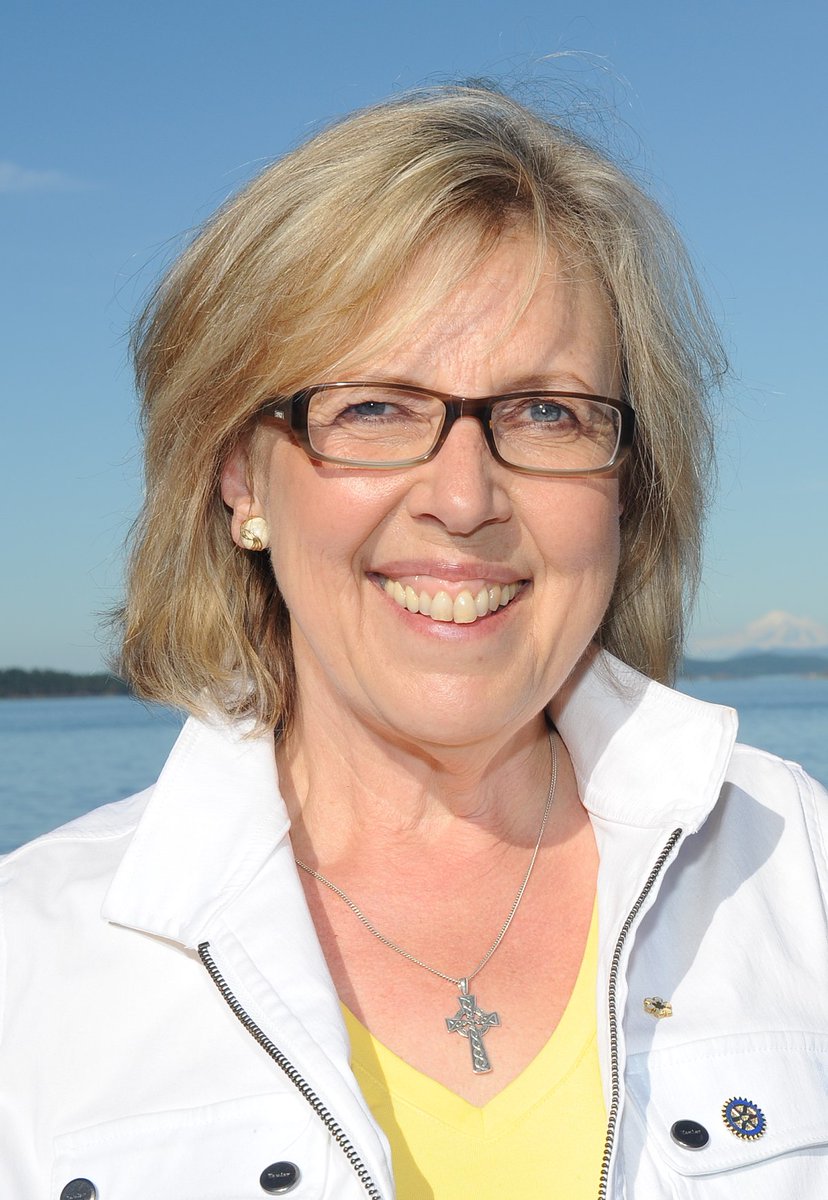
“I have had a deep connection to the natural world all my life. And I do mean all my life, writes Elizabeth May,” the leader of Canada’s Federal Green Party, in this opinion. Read On
My mother used to tell me that when I was about 2 I told her I hated airplanes. As I had never been in one, she asked why. “Because they scratch the sky.”
When I was 13, I set my course to become an environmental lawyer. This path was interrupted by my parents’ somewhat impetuous decision to move the family from Hartford, Conn., where my father was a senior insurance executive, to a tiny village on Cape Breton Island. Almost as an afterthought, my parents made a financially disastrous decision to buy a restaurant and gift shop. Instead of pre-law university in my late teens to late 20s, I worked as a waitress and cook in the family business. And every winter I ended up fighting the local pulp mill over its plans to spray pesticides over our island.
My life got back on track when I discovered I could go to law school without an undergraduate degree. I was known as an activist, described by CBC’s The Fifth Estate as “the 23-year-old waitress who stopped the pulp company dead in its tracks.” Without knowing it was even possible, my activism helped me gain admission to Dalhousie University law school.
Which brings me to why climate change is personal: In 1986, the minister of the environment decided he needed someone in his office with a reputation for environmental activism. I was practising law with the Public Interest Advocacy Centre in Ottawa when he asked me to join his staff. I was an unlikely choice — not a supporter of his party and, as I warned him against hiring me, “I am the kind of person who would quit on principle.”
I will be forever grateful for that chance to be the minister’s senior policy adviser. Even though, sadly, I did end up quitting on principle, I learned the workings of government — when it works — and I learned the science of climate change.
Those were heady times for anyone wanting to see government act on the side of the planet. I was part of Environment Canada’s work to stop acid rain, create national parks, clean up the Great Lakes, develop new environmental legislation and negotiate the treaty that saved the ozone layer.
I was also educated about climate change by Environment Canada scientists. In the last week of June 1988, Toronto hosted the world’s first publicly accessible international climate science conference. I was one of the organizers.
The consensus statement from the hundreds of scientists gathered there began: “Humanity is conducting an unintended, uncontrolled, globally pervasive experiment whose ultimate consequences could be second only to global nuclear war.”
It ended with a call to reduce our emissions by 20 per cent below 1988 levels by 2005.
This is the point in this little story when I want to weep. We knew. We promised. In 1992, I was at the Rio Earth Summit, holding my infant daughter in my arms, watching our prime minister sign the treaty to save the climate.
The horrible reality is that since making the promises to curb greenhouse gases, emissions have grown. We have emitted more greenhouse gases since 1992 than between the beginning of the Industrial Revolution until 1992.
It is personal — deep in my bones and my flesh — the knowledge that we squandered our chance to avoid the climate emergency; to act when it would have been so much easier, as we did to stop acid rain, to save the ozone layer.
We are out of time. The politically timid, short-term incrementalism — the era of procrastination — is over. We have just barely enough time to avoid the worst. We must stop using fossil fuels as quickly as possible. We must embrace the alternatives in sun, wind, the heat below our feet. We have only one chance to ensure human civilization can endure; that window closes forever before the next Canadian election.
We have only one chance. It is now.
